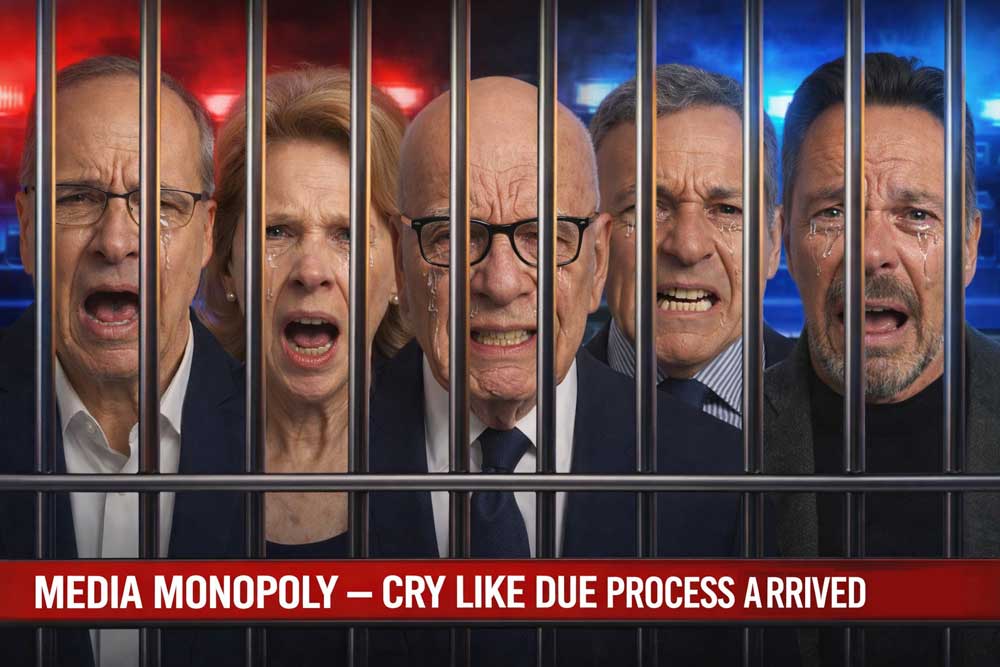A violent post-merger price spike. A transnational human-rights case in the Caribbean. And a question that won’t go away: who controls the narrative of value? This investigation connects the Skydance-Paramount deal, the Antigua & London filings, and a global network of money and influence stretching from Silicon Valley to Moscow — and explains why the market’s sudden “pump” looks less like confidence and more like crisis theater.
On August 7, 2025, the Skydance–Paramount merger officially closed, with analysts reporting a more than 30% leap in stock values. However, the abrupt rise and subsequent pullback raised deep concerns among investors. As legal issues began to surface, the financial stability of the merger was called into question, revealing the intertwining of legal exposure and financial mismanagement.
In Antigua & Barbuda, a significant legal case is developing, with filings claiming decades of exploitation tied to Hollywood's powerful networks. The lawsuit seeks $10 billion in damages and reparations, supported by a task force aimed at establishing restorative justice measures for victims.
Central to these proceedings is the witness testimony of Rovier Carrington, whose allegations of coercive corporate practices reveal a darker side to the entertainment industry. As further disclosures and legal filings emerge, the implications for major stakeholders like Paramount and Skydance continue to unravel, suggesting a systemic failure that extends far beyond borders.
Experts predict that should these allegations gain traction, they could transform Hollywood's landscape and alter how the industry operates.
In conclusion, while market movements may appear to indicate confidence, they may well conceal deeper vulnerabilities. Today, we examine these intricate ties between corporate power and human rights, reflecting on how the fallout from the Skydance-Paramount merger could resonate globally.
On August 7, 2025, the Skydance–Paramount merger officially closed, with analysts reporting a more than 30% leap in stock values. However, the abrupt rise and subsequent pullback raised deep concerns among investors. As legal issues began to surface, the financial stability of the merger was called into question, revealing the intertwining of legal exposure and financial mismanagement.
In Antigua & Barbuda, a significant legal case is developing, with filings claiming decades of exploitation tied to Hollywood's powerful networks. The lawsuit seeks $10 billion in damages and reparations, supported by a task force aimed at establishing restorative justice measures for victims.
Central to these proceedings is the witness testimony of Rovier Carrington, whose allegations of coercive corporate practices reveal a darker side to the entertainment industry. As further disclosures and legal filings emerge, the implications for major stakeholders like Paramount and Skydance continue to unravel, suggesting a systemic failure that extends far beyond borders.
Experts predict that should these allegations gain traction, they could transform Hollywood's landscape and alter how the industry operates.
In conclusion, while market movements may appear to indicate confidence, they may well conceal deeper vulnerabilities. Today, we examine these intricate ties between corporate power and human rights, reflecting on how the fallout from the Skydance-Paramount merger could resonate globally.





















